Discover the Delicious 7-Flavored Roasted Duck of Cao Bang
Cao Bang is known for its stunning landscapes and rich culture. The delicious 7-flavored roasted duck is another reason, though, why visitors from all around the globe swarm this area. We will delve deeply into the components, cultural relevance, and everything else you need to know about this mouthwatering Vietnamese specialty in this MOTOGO Tours post.
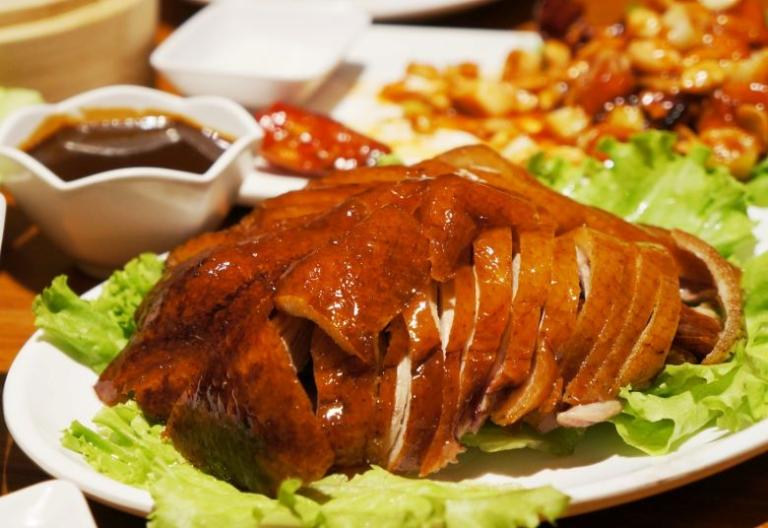
The Origin of 7-Flavored Roasted Duck
A Brief History of Cao Bang Cuisine
The natural surroundings of the province and its ethnic diversity greatly affect the cuisine of Cao Bang. A real mirror of this mix of nature and culture is the 7-flavored roasted duck. Local ethnic minority, who cooked with natural herbs and spices, are thought to have developed it. This meal has become among Cao Bang’s most sought-after delicacies throughout time.
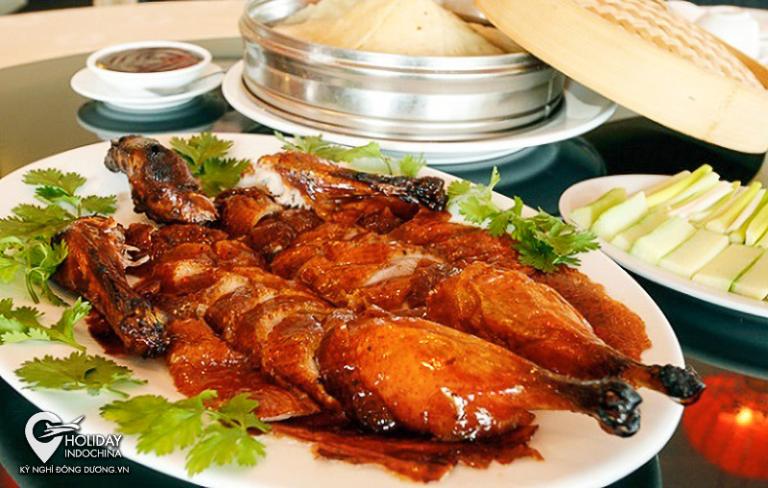
The Legend Behind the Name
Why then the name “7-flavored”? Actually, the layers of herbs and spices applied to produce this mouthwatering cuisine define everything. The flavors reflect the different components of Cao Bang’s terrain and people. These seven flavors complement each other to produce a taste unlike anything else you will come across anywhere.
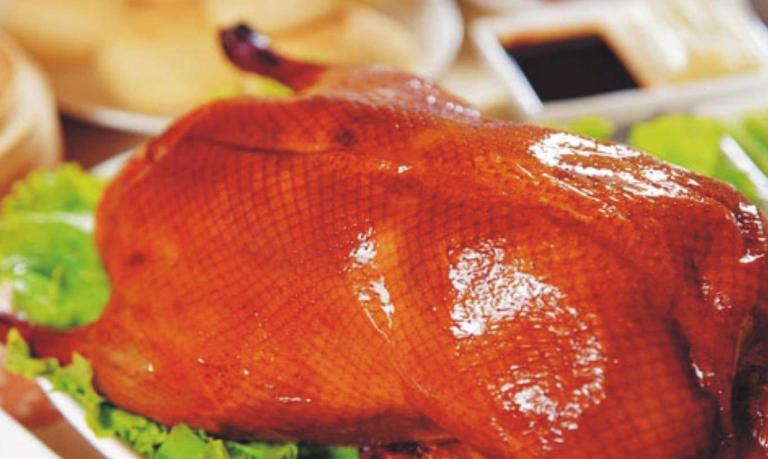
The Role of Local Culture in the Dish
Cultural Significance of 7-Flavored Roasted Duck
Food in Cao Bang is a statement of cultural identity more than merely nourishment. 7-flavored roasted duck reflects deep roots in the customs of the ethnic minorities in the area, who have been employing native herbs and spices for millennia. This meal honors the land, the people, and the community as much as taste is involved. Whether it’s a family get-together or a communal celebration, sharing a dinner of this mouthwatering duck is a means of uniting people.
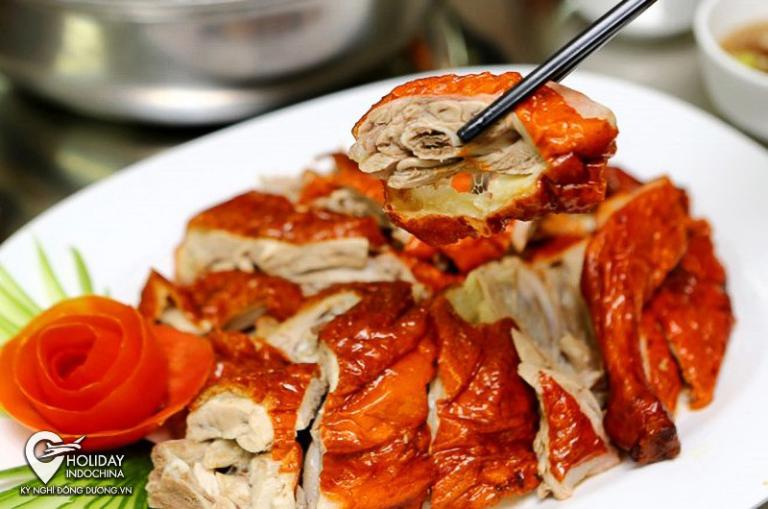
The Social Aspect of Eating Together
In Cao Bang, social relationships center food in great importance. Festivities or special events usually feature meals like 7-flavored roasted duck. This is a meal made for sharing with others so that people may connect over the taste of excellent cuisine. Actually, the act of dining together is equally vital as the food itself.
>>> Discover the Delicious Ant Egg Cake of Cao Bang
Key Ingredients for 7-Flavored Roasted Duck
Fresh Duck: The Heart of the Dish
Of course, the duck is the major component in this dish. Not every duck, though, will do. The best flavor comes from local ducks from Cao Bang, grown in the clear mountain air and fed on natural herbs. These slender but soft ducks are the ideal canvas for the seven different flavors that will be rubbed upon them.
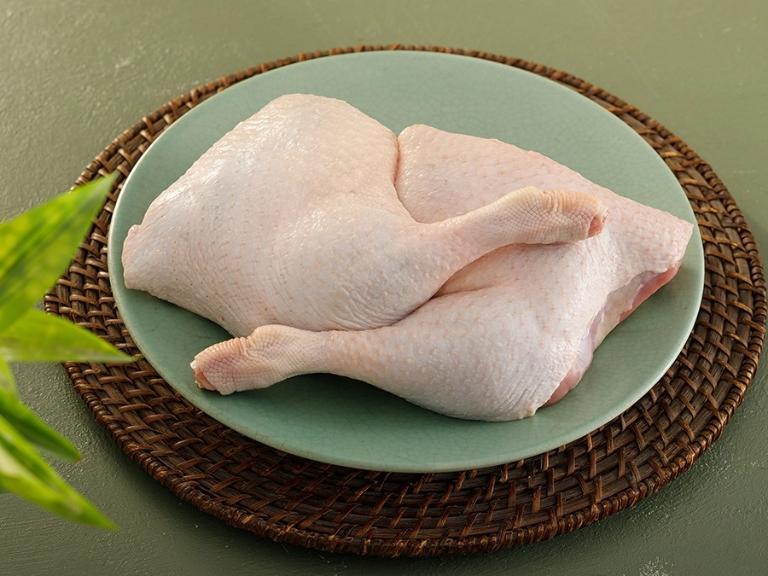
Seven Essential Flavors
Selected to accentuate the inherent richness of the duck, the seven tastes result from a mix of local herbs, spices, and seasonings. Among these are cinnamon, ginger, garlic, and several more spices the residents have honed over many years. Every element adds something different to produce a delicious, fragrant experience.
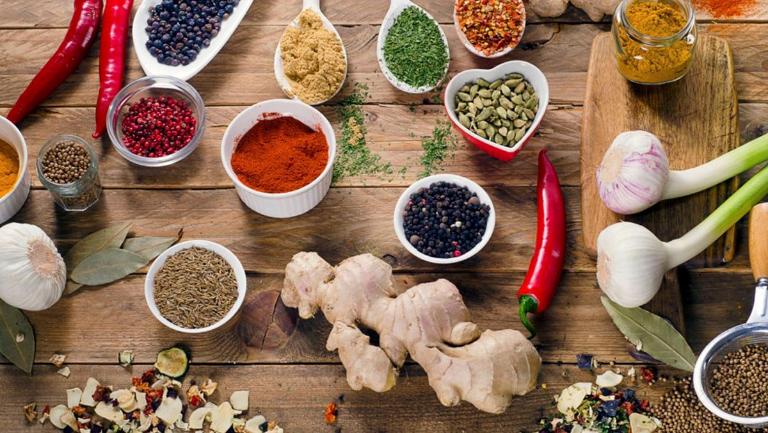
The Spices and Herbs Used
The seasonings of 7-flavored roasted duck hold great magic. Herbs and spices taken together create a well balanced concoction of cinnamon, star anise, ginger, lemongrass, garlic, green onions, and a hint of bird’s eye chile. These components offer the levels of complexity needed for the duck to have unique flavor.
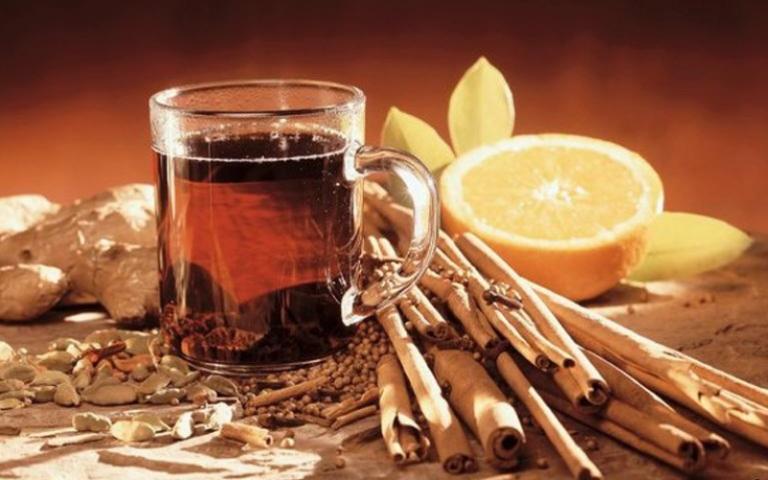
How the Duck is Prepared
Making seven-flavored roasted duck is a kind of art. The duck first gets washed and marinated using a combination of these spices so that their tastes permeate the meat. To get crispy, golden skin and soft, juicy meat inside, the duck is then carefully roasted—often over an open flame. Though the process calls for ability, patience, and meticulous attention to detail, the outcome is well worth it.
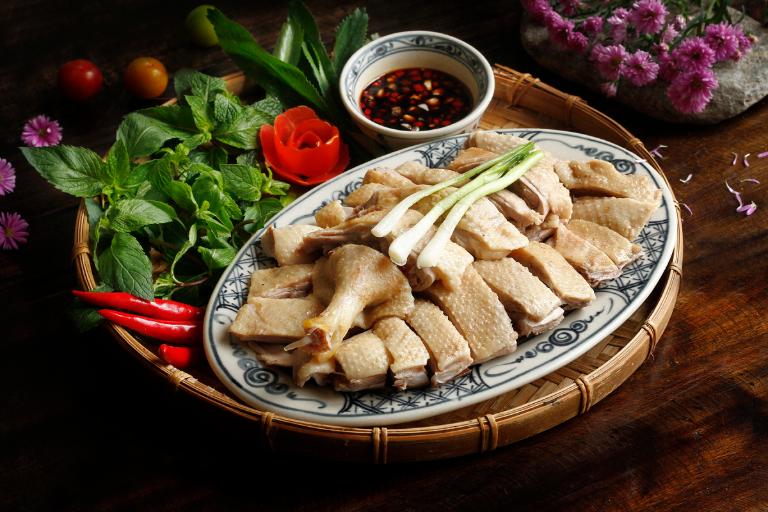
How to Make 7-Flavored Roasted Duck
Originating from the Tay ethnic group, 7-flavour roasted duck is a dish created using careful processes producing a harmonic mix of tastes. The taste is exactly the mix of the crispy, golden skin covered with the delicious scent of wild honey, tender and cooked just right, and fresh, juicy duck meat.
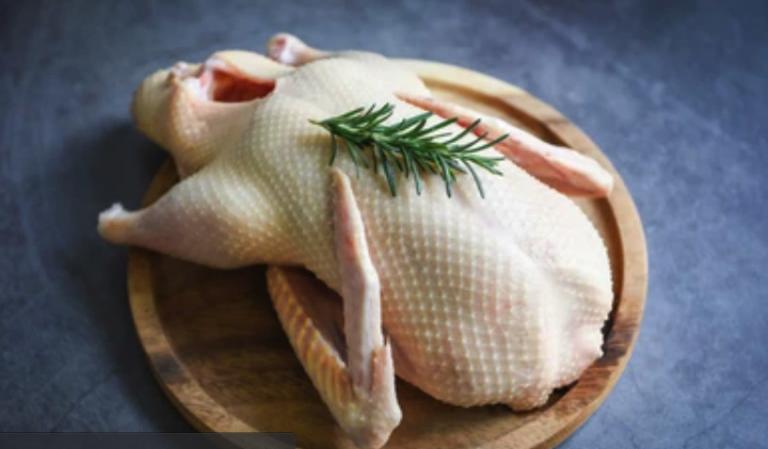
Unlike traditional roasted duck, Cao Bang’s 7-flavour roasted duck is prepared starting with a painstaking choosing procedure. The duck should not be too big since too much fat would overpower the tastes. Ideal duck has solid, fresh meat and glossy feathers; it weights between 1.8 and 2 kg. After cleaning and carefully gutting, the duck is momentarily submerged in boiling water to tighten the meat.
The marinating is the most crucial aspect of the getting ready. Fish sauce and salt combined with a unique mix of seven different spices—a tightly guarded secret from the Tay tribe in the eastern part of Cao Bang—form a delicious stew. Gradually pouring this soup into the duck’s belly lets the spices really sink into the meat. To keep the marinade within, the belly is then sewed shut with a thin, sharpened bamboo strip.
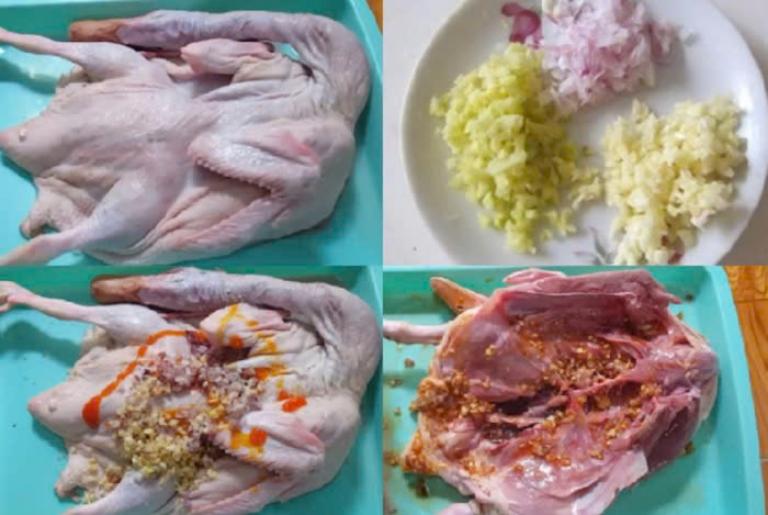
The duck is marinated, then gently blanched in boiling water before being covered in honey and vinegar. While the skin crisps up wonderfully grilled over hot coals, this technique guarantees the flesh stays delicate, delicious, and juicy.
Then with one quick stroke, the duck is deftly cut in half. Reserved and either dripped over the duck meat or used as a dipping sauce, the clear liquid from the duck’s belly is Often sold separately, the legs and wings sell out fast. The expert knife work produces neatly sliced meat with the skin still intact.
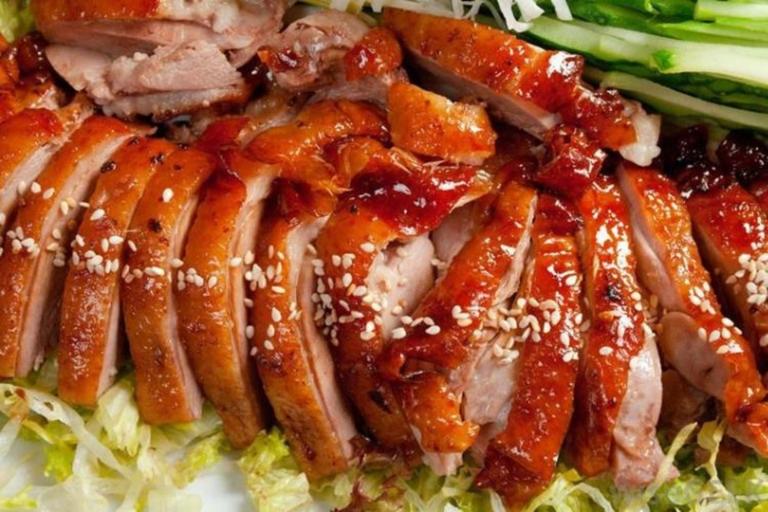
After roasting, the duck is cut into tiny bits and presented on a platter with its skin shimmering in a golden honey shade—that of a rich caramel. The flesh is delicious from the wild honey and has a faint richness from the oil; it is firm but juicy. Every mouthful requires slow chewing so that the natural duck richness and honey’s flavors may really come through.
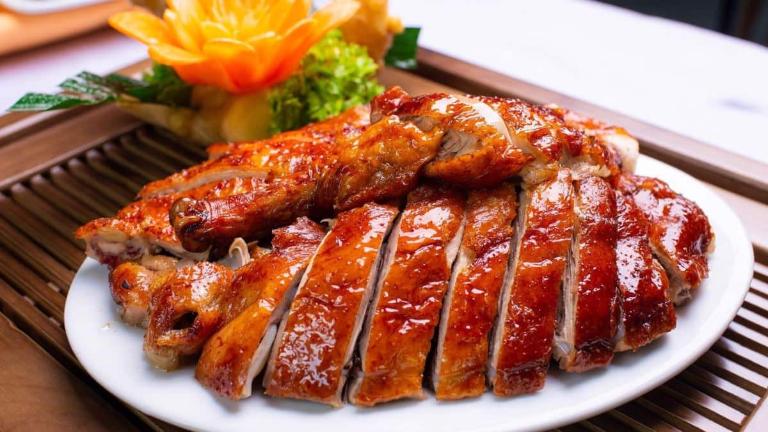
Every mouthful of roasted duck has a faint perfume like new leaves, and its rather harsh taste gets stronger. This results from the 7-spice sauce sloshed over the meat. Clearly, though, everyone who has had this dish—from the young to the elderly—is enthralled by its distinctive tastes.
>>> Cao Bang Steamed Rice Rolls: Discover Vietnam’s Hidden Culinary Gem
What Pairs Well with 7-Flavored Roasted Duck?
Noodles
Pairing 7-flavour roasted duck with noodles is a perfect combination. A cup of noodle soup packed with taste comes from a little thinly sliced cucumber, some fresh herbs, and a few bits of golden roasted duck.
Rice Paper
One really unusual sensation is eating 7-flavour roasted duckusing rice paper. When dining, diners spread the rice paper, load it with cucumber, julienned carrots, and duck meat, then roll it up and dip it in soy sauce from long strips. This approach presents a less heavy approach to enjoy the dish since the rice paper keeps the food fresh and satisfying without making one feel oily.
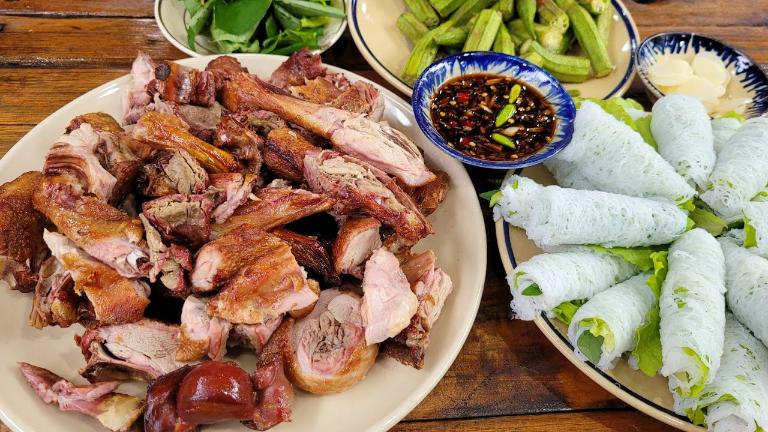
Sticky Rice and Salad
Though many believe sticky rice should only be eaten with chicken, 7-flavour roasted duck with sticky rice is a really good combo. Add a small fresh salad to create a meal that will satisfy even the most discriminating eaters.
Herbs
Although herbs are sometimes used with roasted duck to counter the richness, they have a special function in Cao Bang’s 7-flavour roasted duck. The herbs improve the tastes of the food, not only help to offset the fat. A delicious and aromatic experience results from wrapping the duck in fresh herbs and dipping it in sauce.

Cao Bang Corn Wine
A favourite past time for residents is drinking traditional corn wine from Cao Bang accompanied 7-flavour roasted duck. Made with the best grain from the area and brewed using age-old techniques, this wine reflects the people of Cao Bang. Those who enjoy a piece of delicious roasted duck together with a cup of the warm, slightly spiced corn wine will encounter the great hospitality and appeal of the area.
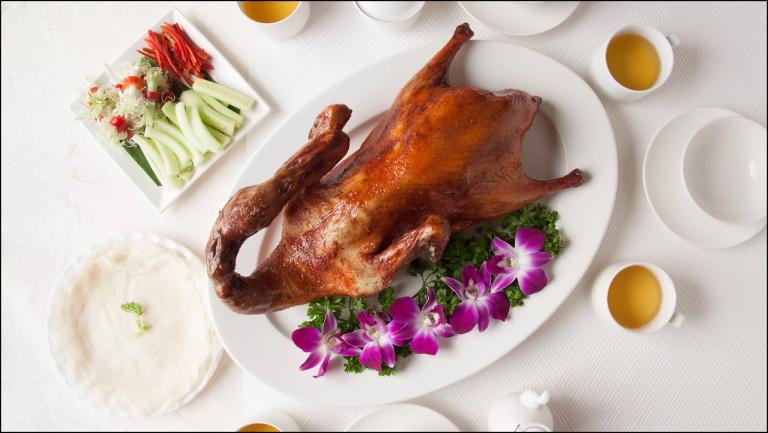
7-flavored roasted duck is an experience rather than only food. It captures the core of Cao Bang’s inherent beauty, rich cultural legacy, and community energy. Any cuisine enthusiast visiting Cao Bang should definitely experience the combination of spices, the soft duck, and the cultural relevance. Thus, next time you visit the area, don’t miss the opportunity to savor this famous cuisine and interact with the local culture by means of its tastes.
Related Posts:







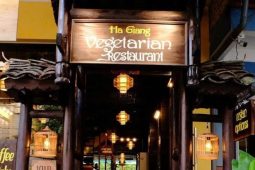
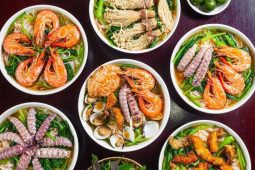

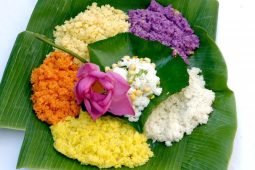
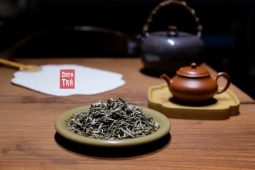
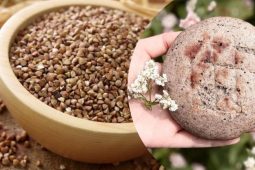
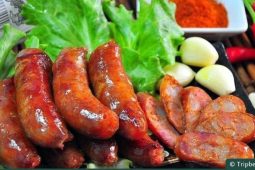
Be the first to comment!